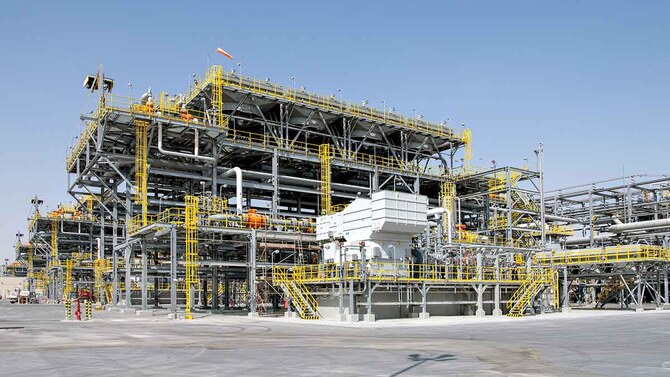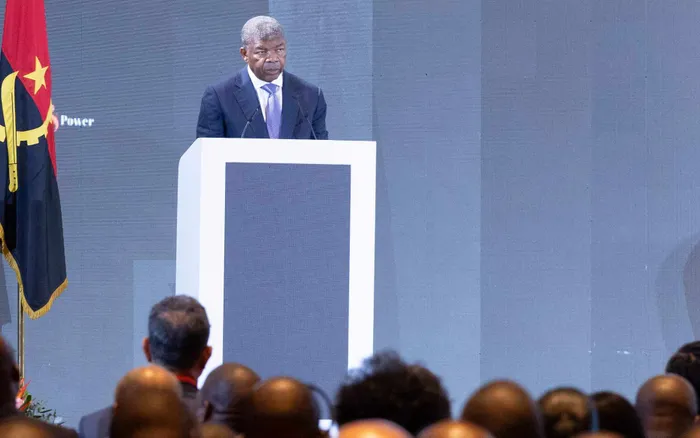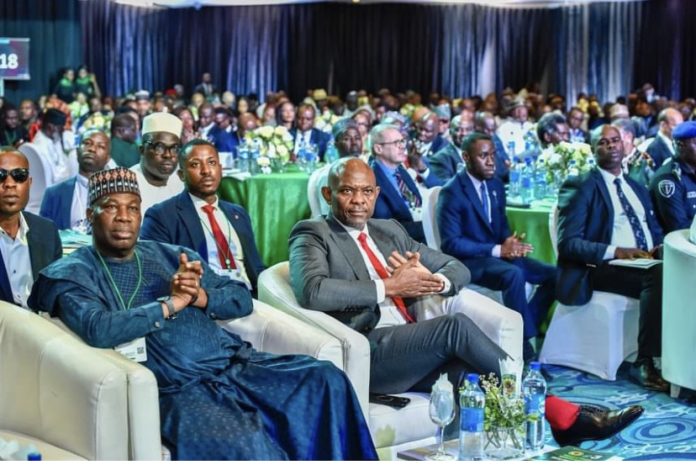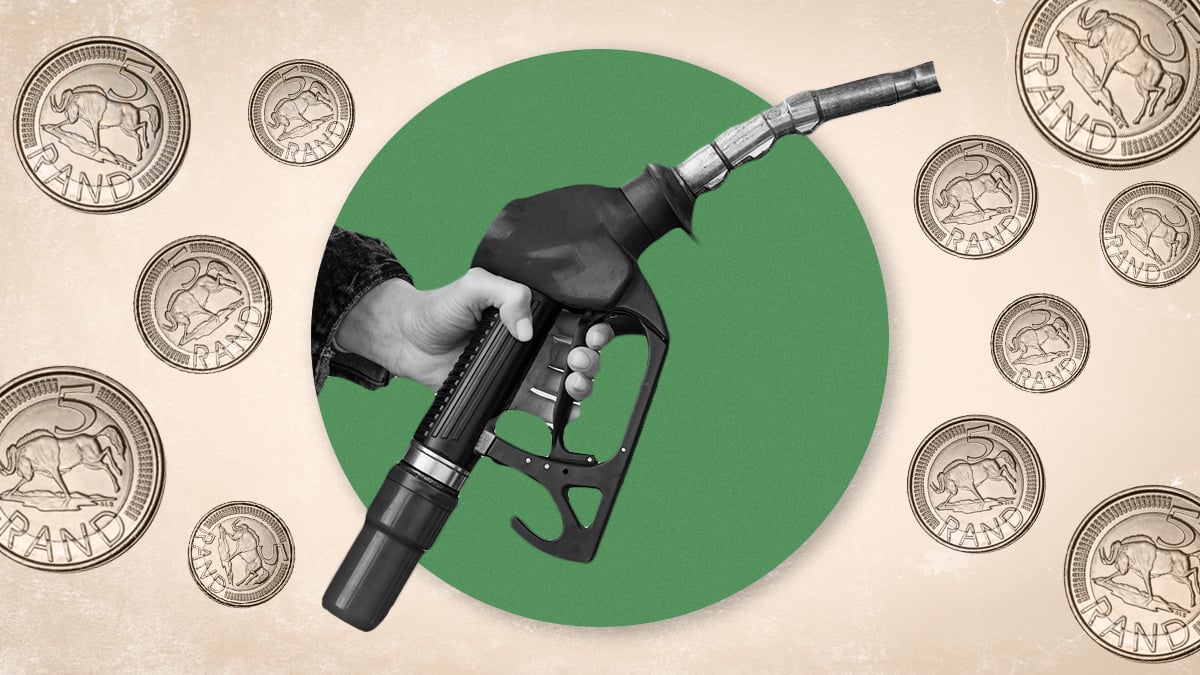Storage

Africa’s Emergence as an Energy Powerhouse Shifts Its Tax Focus

Emerging economies have played a critical role in shaping global economic dynamics, influencing trade, investment, and industrial development. They now represent a large share of global gross domestic product, with S&P Global estimating they will account for 65% of global economic growth by 2035.
Their particular role in supplying critical raw materials such as lithium, cobalt, or rare earths makes them essential players in the energy transition.
Africa stands as a major group of rapidly growing emerging economies, with key countries such as Ethiopia, Rwanda, or Ivory Coast leading the continent’s economic expansion. In fact, 11 of the world’s 20 fastest-growing economies in 2024 are African. The continent holds 30% of the global mineral reserves with Congo alone supplying over 70% of the world’s cobalt, essential for electric vehicles.
Africa as a mining powerhouse must come with a proper taxation system that responds to its unique challenges, while transforming its reliance on natural resources into an economic advantage, and offering a framework supporting investments in local processing and value addition in raw metals and minerals.
Core Tax Issues
Emerging economies are traditionally plagued with two key issues:
- Tax evasion and avoidance, with multinational companies using loopholes to shift profits to low-tax jurisdictions, taking advantage of local government weaknesses in tax compliance enforcement mechanisms.
- The informal economy, where a significant portion of the domestic economic activity happens outside the formal tax system, making it difficult for governments to collect tax revenues and enforce tax policies effectively.
These issues are significant inf Africa; the United Nations estimates that Africa loses $88.6 billion annually through illicit financial flows. The African Tax Administration Forum sees the informal sector as encompassing over 60% of the African workforce.
Mining activity itself falls significantly within the informal sector. Usually known as “artisanal and small-scale mining,” informal mining is globally estimated by the World Bank to represent around 40 million workers, largely concentrated in Africa, especially Mali, Ghana, and South Africa.
Historical Legacy
It’s important to understand that many resource-rich emerging economies were former colonies, where extractive industries were controlled by foreign powers. Tax structures were often designed to benefit colonial administrations rather than local economies and this has left a lasting impact on modern taxation of these emerging countries.
The colonial administrations themselves had extractive tax policies, where taxes were imposed on natural resources to maximize the revenues of the trading empires. As a consequence, colonies generally would rely on exports rather than local development, and on indirect taxes such as export duties or royalties rather than on domestic corporate income taxes.
When gaining independence, emerging countries would inherit tax systems and infrastructure built around natural resource extraction, and consequently would become dependent on exporting resources.
Because the inherited colonial tax frameworks take time to modernize, multinational companies could continue to exploit legal and institutional weaknesses, allowing the shift of profits to foreign jurisdictions.
It’s still common to find dual tax systems in emerging countries, where foreign companies are treated more favorably than local businesses, contributing to long-term disparities. In countries such as Zambia or Tanzania, long-term tax stability clauses or reduced royalty rates have historically favored foreign mining investors.
Critical Raw Materials
The African taxation model must adapt to quick market changes, such as the recent increase in global interest for critical raw materials.
Critical raw materials are essential for industries such as renewable energy, electronics, and aerospace. Africa plays a critical role in the global supply of these materials, which are concentrated in different countries:
- Cobalt in Congo
- Manganese in South Africa, Gabon, and Ghana
- Lithium in Zimbabwe, Congo, and Mali
- Graphite and rare earths elements in Mozambique, Madagascar, and South Africa
Local processing of raw materials in Africa is limited, and many African countries export them without refining. At the same time, China holds more than 80% of the global processing capacity of raw materials, exercising an important geopolitical influence on Africa.
Africa is building a taxation model that will support local processing of raw materials and infrastructure development through different pillars. Corporate tax reforms are being adopted to ensure fair taxation of multinational companies extracting resources.
Through the African Continental Free Trade Area initiatives, tariffs on intra-African trades are being eliminated to encourage local processing and discourage exports of raw materials. Export taxes are still being introduced or revamped to incentivize resource value creation.
Governments also are offering tax breaks on infrastructure projects in the energy and transport sectors, and encourage public-private partnerships to finance large-scale industrial zones and processing facilities.
Challenges and Solutions
The core challenge with natural resources will be tax revenue volatility. The World Bank finds that many emerging economies still heavily rely on resource exports, making them sensitive to global commodity prices and more likely to respond with resource taxes. This trend needs better policy and practice alignment at regional and government levels to inspire higher confidence among international investors.
It has recently been discussed that export resource taxes could have a “triple win effect” for the emerging economies that adopt them: economic gains with increased government tax revenue; stock conservation with reduced over-extraction; and welfare benefits.
Solutions can be found in developments around transfer pricing regulations and a wider governance transformation, including through the introduction of digital tools.
Other solutions are being considered, from the introduction of resource rent taxes that would capture excess profits when commodity prices rise, to investments in digital tax platforms to improve tax compliance and transparency, or regional cooperation initiatives such as the ATAF roadmap for resource taxation.
This article does not necessarily reflect the opinion of Bloomberg Industry Group, Inc., the publisher of Bloomberg Law, Bloomberg Tax, and Bloomberg Government, or its owners.
Author Information
Anthony Assassa is an experienced international accounting and tax adviser with over 15 years’ Africa and Asia background in mining and trade activities, with a particular focus on critical raw materials associated with an international organization.












